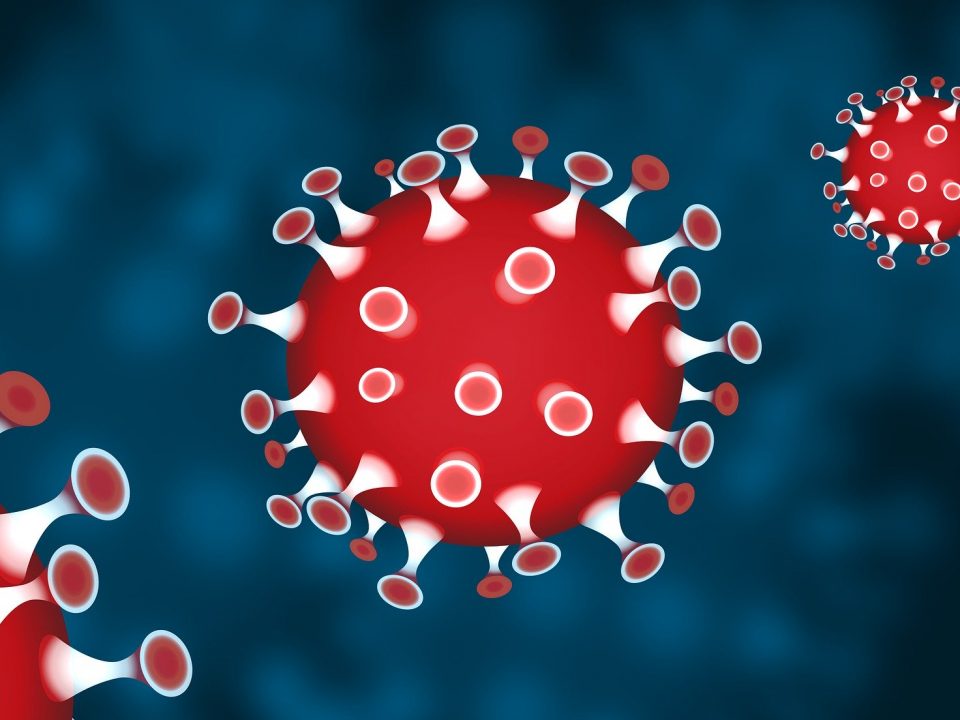Philadelphia Earns Recognition for Reducing Childhood Obesity

It’s widely recognized that childhood obesity is a national problem in the United States. Not only are obese children likely to become obese adults, but the condition is associated with a host of dangerous comorbidities, including Type 2 diabetes and cardiac problems. Luckily, the nation is starting to realize the dangers of childhood obesity and taking steps to curb the issue. Philadelphia is doing its part, and it’s getting recognition for the fact. The city got a specific call-out in the “Signs of Progress” report released recently by the the Robert Woods Johnson Foundation. Specifically, the City of Brotherly Love reported a 6.5 percent relative decline in childhood obesity during the period between 2006-2007 and 2012-13.

It’s a known fact that increased physical activity helps reduce rates of childhood obesity.
The biggest decline in obesity was seen in little boys, specifically those of African-American and Asian descent. Of over 30 cities covered in the report, Philadelphia was the only city to make the most progress with non-white youth. According to the Philly Voice, “the rate of obesity among K-12 students in Philadelphia fell from 21.7 percent in 2006-07 to 20.3 percent in 2012-13.” The credit for this drop goes largely to the combined efforts of Get Healthy Philly and The Food Trust, who have worked together to make healthy food more affordable, as well as to implement social policy changes at the local level.
Get Healthy Philly has been working since 2010 with over 900 city retailers to promote healthy food sales to Philadelphia’s youth. According to the Voice, “The Food Trust’s Philly Food Bucks program, which offers a $2 incentive for fruits and vegetables with every $5 spent in federal SNAP money, to date has generated nearly $80,000 in redeemed value.”
The Food Trust has done its part as well. In 2004 it worked with city schools to remove all sodas and sugar-sweetened beverages from vending machines. In 2006, the district implemented new rules for meals, snacks, drinks, physical activity, and nutrition education. In 2009, deep-fryers were banned from city schools and milk was switched from 2 percent to 1 percent and skim in all schools. Clearly, small measures work.



